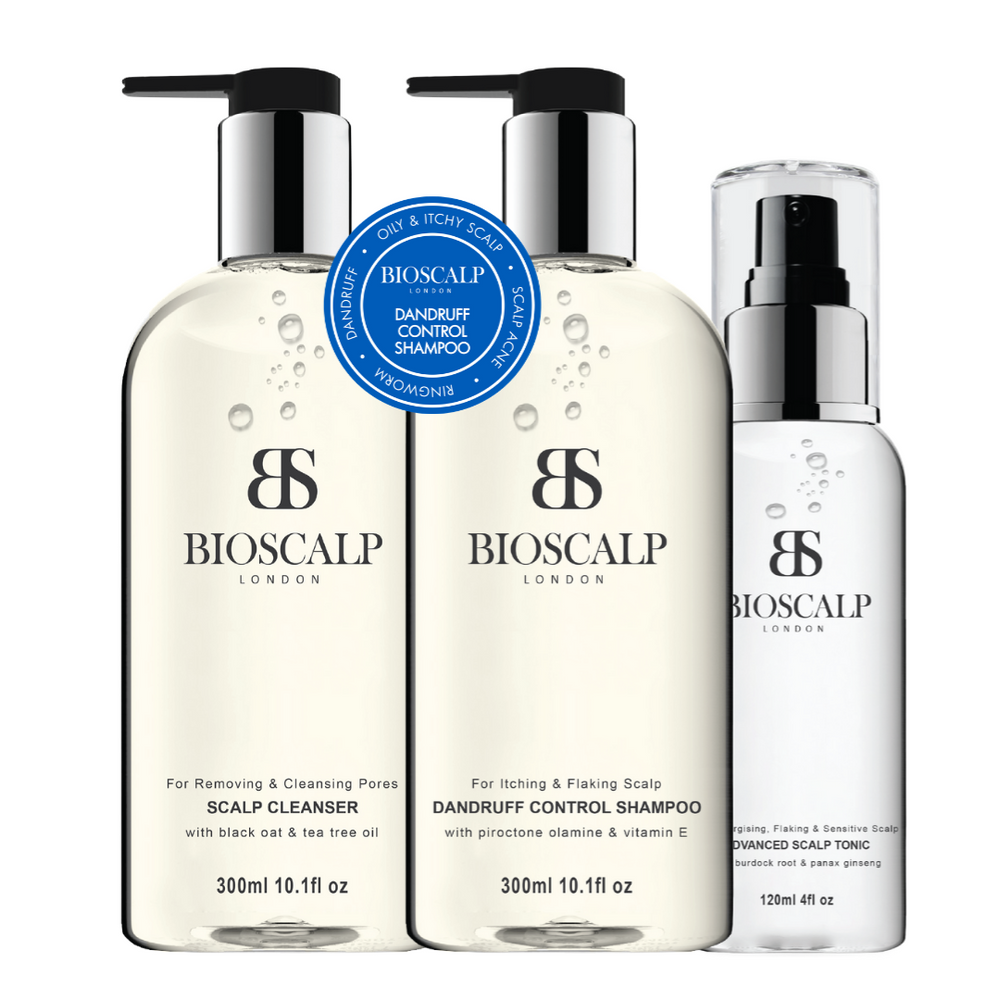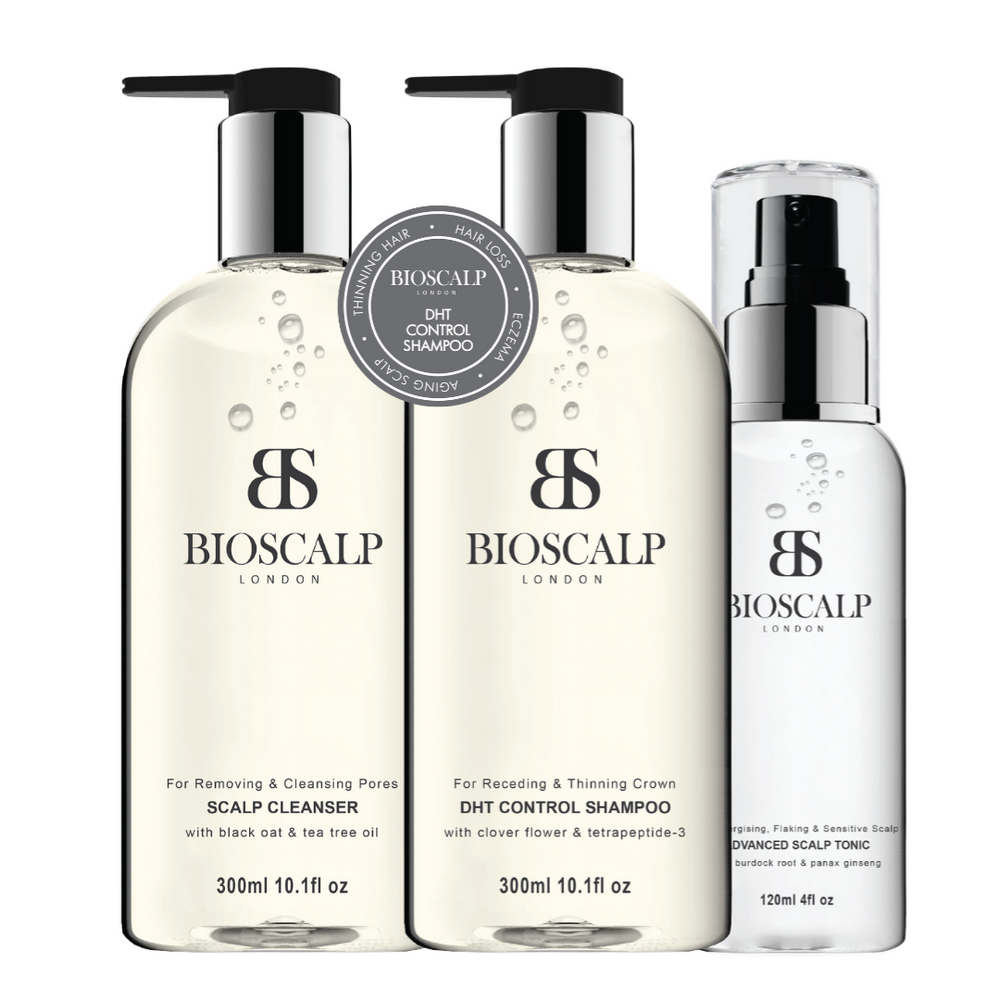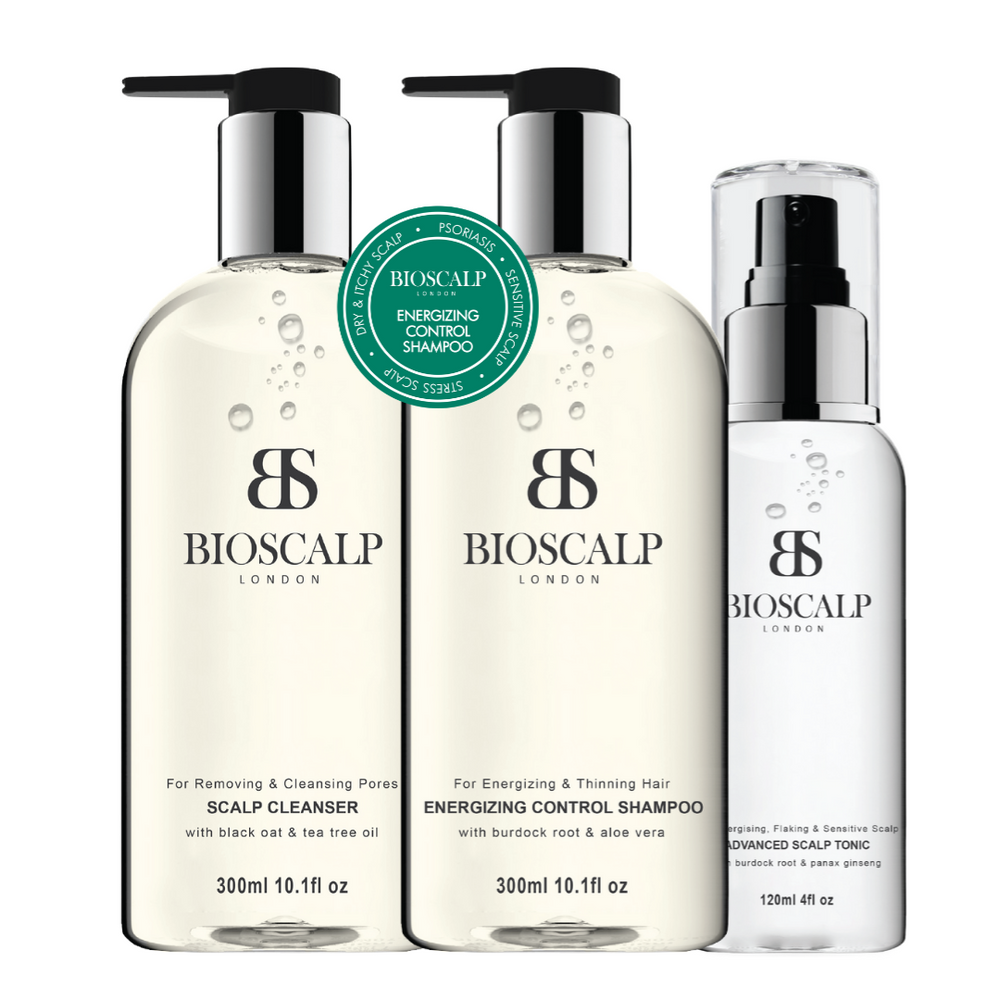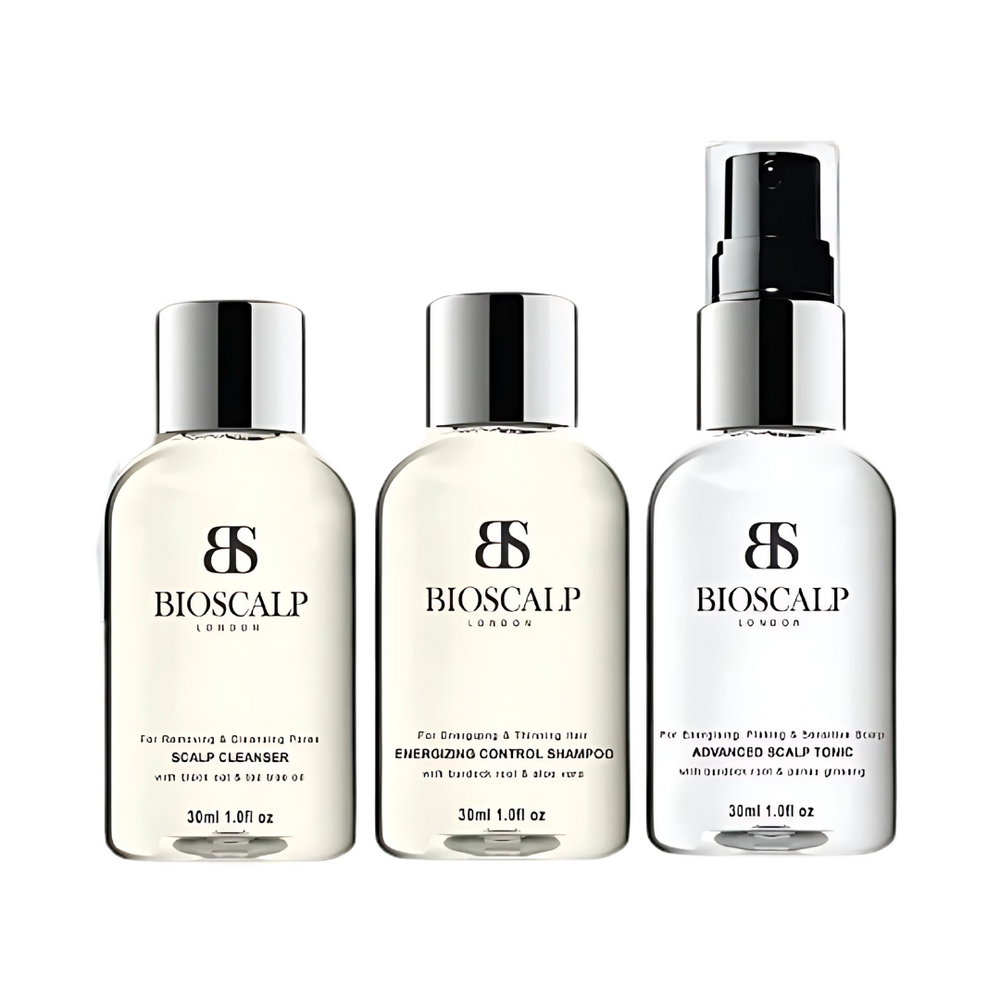Seborrheic eczema, also known as seborrheic dermatitis, is a chronic skin condition that affects the scalp, causing redness, scaling, and persistent itchiness. While it can be frustrating to manage, there are effective treatments available to help control symptoms and maintain a healthy scalp.
This guide covers everything you need to know about treating seborrheic eczema of the scalp, including medicated options, home remedies, and management strategies.

Understanding Seborrheic Eczema of the Scalp
Seborrheic eczema, also known as seborrheic dermatitis, is a chronic inflammatory skin condition that primarily affects areas rich in sebaceous (oil-producing) glands, including the scalp. While its exact cause is not fully understood, it is thought to result from an overgrowth of Malassezia, a type of yeast naturally found on the skin, combined with the body’s inflammatory response.
Key Characteristics of Seborrheic Eczema on the Scalp
-
Flaky, Scaly Skin
- The hallmark symptom of seborrheic eczema is the presence of visible flakes on the scalp, often mistaken for dandruff. However, in seborrheic eczema, the flakes tend to be larger and more persistent.
-
Redness and Inflammation
- The affected areas of the scalp often appear red, irritated, and swollen. This inflammation is the result of the skin’s immune response to Malassezia overgrowth or other triggering factors.
-
Persistent Itching
- The itchiness associated with seborrheic eczema can be intense and may lead to scratching, which can further irritate the skin, exacerbate redness, and even cause minor wounds or infections.
-
Greasy, Yellowish Scales
- Unlike typical dry scalp conditions, seborrheic eczema often involves the production of greasy, yellowish scales. These scales form on oily patches of the skin and may feel thick or sticky to the touch.
How Seborrheic Eczema Behaves
-
Cyclical Nature
- Seborrheic eczema tends to flare up and subside periodically. Flare-ups may occur more frequently during certain times of the year, particularly in colder, drier months, or during periods of heightened stress.
-
Triggered by Environmental and Internal Factors
- Triggers such as hormonal changes, stress, harsh weather, and even certain skincare or haircare products can cause flare-ups or worsen existing symptoms. For some individuals, diet or lifestyle factors may also play a role.
-
Chronic but Manageable
- While seborrheic eczema is a lifelong condition, it is highly manageable with consistent care. Regular use of appropriate treatments, maintaining a healthy scalp environment, and minimizing triggers can significantly reduce the frequency and severity of flare-ups.
While it can flare up and subside periodically, consistent treatment is key to keeping symptoms under control.
Top Treatment Options

1. Medicated Shampoos
Medicated shampoos are the cornerstone of seborrheic eczema treatment. These shampoos target the underlying causes, such as fungal overgrowth and inflammation.
Common Ingredients:
- Ketoconazole: Fights fungal growth.
- Selenium sulfide: Reduces flaking and itchiness.
- Zinc pyrithione: Antimicrobial properties to combat yeast.
- Coal tar: Slows down skin cell turnover and relieves scaling.
How to Use:
- Apply to the scalp and let it sit for 5–10 minutes before rinsing.
- Use 2–3 times a week during flare-ups, then transition to weekly use for maintenance.
💡 Tip: Alternate between different medicated shampoos to prevent resistance and improve effectiveness.
2. Topical Medications
For moderate to severe cases, topical treatments may be necessary to reduce inflammation and control symptoms.
- Antifungal Creams:
- Examples: Ketoconazole or ciclopirox creams.
Target fungal overgrowth that contributes to the condition.
- Examples: Ketoconazole or ciclopirox creams.
- Corticosteroid Solutions:
- Reduce redness and swelling during flare-ups.
- Available as lotions, ointments, or scalp applications.
💡 Note: Topical corticosteroids should be used as directed by a healthcare professional to avoid potential side effects.
3. Prescription Treatments
When over-the-counter treatments aren’t enough, stronger medications may be prescribed.
-
Oral Antifungal Medications:
- Itraconazole or terbinafine are used for severe fungal infections.
-
Scalp Applications with Steroids and Salicylic Acid:
- Products like Diprosalic help reduce inflammation and soften thick scales.
Home Remedies for Seborrheic Eczema
In addition to medicated treatments, home remedies can help soothe symptoms and improve scalp health.
-
Oil Treatments:
- Apply coconut, olive, or mineral oil to the scalp to loosen scales before shampooing.
-
Hypoallergenic Products:
- Use gentle, fragrance-free shampoos and conditioners to avoid irritation.
-
Scalp Massage:
- Gently massage the scalp to improve circulation and help remove flakes.
💡 Tip: Always patch-test new remedies to ensure they don’t worsen irritation.
Management Strategies for Long-Term Control
Since seborrheic eczema is a chronic condition, ongoing management is essential to prevent flare-ups.
-
Alternate Medicated Shampoos:
- Switching between different types of shampoos keeps the scalp responsive to treatment.
-
Use Maintenance Shampoos:
- Once symptoms subside, use medicated shampoos once a week to prevent relapses.
-
Proper Application Techniques:
- Massage shampoos into the scalp and allow them to sit for several minutes to maximize their effectiveness.
Additional Therapies for Severe Cases
For severe or treatment-resistant seborrheic eczema, additional therapies may be recommended:
-
Ultraviolet B (UVB) Light Therapy:
- Controlled exposure to UVB light can reduce inflammation and improve symptoms.
-
Combination Treatments:
- Pairing prescription medications with medicated shampoos can offer enhanced results.
Consistency Is Key
Seborrheic eczema is a manageable condition, but it requires a consistent and tailored approach. Treatments may need to be adjusted over time based on the severity of your symptoms and how your scalp responds.

See a Doctor
If your symptoms persist despite treatment or worsen over time, consult a dermatologist. A proper diagnosis can rule out other conditions like psoriasis or allergic contact dermatitis and ensure you receive the most effective treatment.
Conclusion
Managing seborrheic eczema of the scalp requires a combination of medicated treatments, home remedies, and consistent care. Whether it’s medicated shampoos, topical treatments, or prescription therapies, there’s a solution for every severity level.
By understanding your triggers, sticking to a routine, and consulting a healthcare professional when necessary, you can effectively control seborrheic eczema and maintain a healthier, itch-free scalp.
Ready to take the first step? Start with these proven treatments and enjoy the benefits of a calmer, clearer scalp today!








